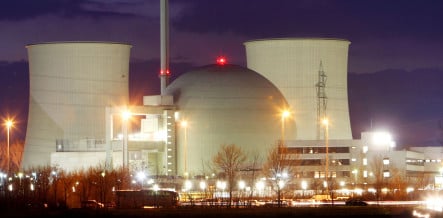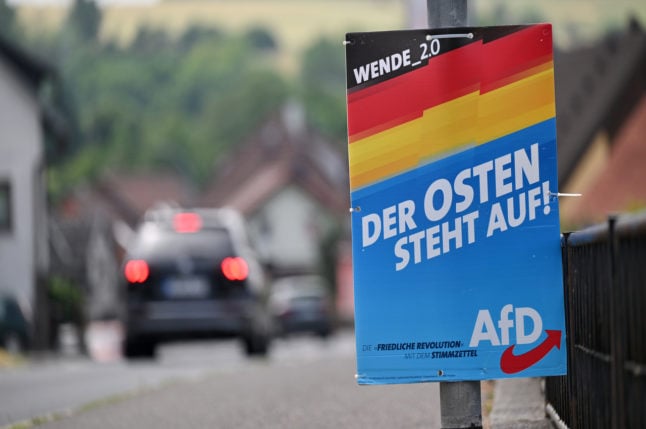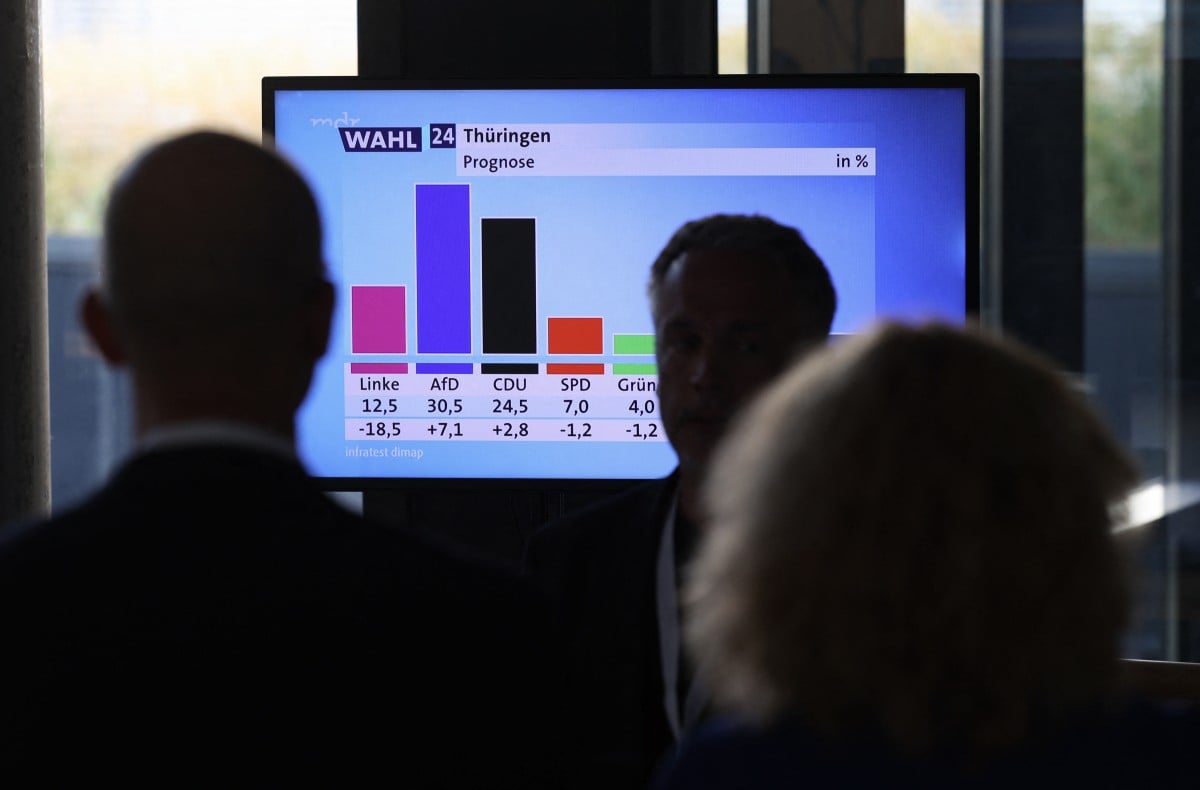Germany plans to mothball the last of its 17 nuclear power plants, which emit no carbon dioxide and produce a quarter of the country’s electricity, by 2020 under a plan approved under Merkel’s predecessor Gerhard Schroeder.
But soaring energy costs and pressure to slash CO2 pollution have led conservatives like Merkel to call for a rethink against fierce opposition from their coalition partners, the Social Democrats.
“I will work to ensure the operation of our safe nuclear power plants in Germany is extended,” she told Sunday’s Bild am Sonntag newspaper.
“I do not believe that we can solve the problem of climate change with atomic energy alone… But we will not be able to ensure our supply for the foreseeable future in a way that protects the climate without atomic energy.”
Merkel, a former environment minister, said Germany would have to tackle the issue “at the latest” after the next general election in late 2009.
The leader of the Bavarian sister party of Merkel’s Christian Democratic Union, Erwin Huber, went further, saying that if the conservatives won next year, they would reverse the plans to outlaw nuclear power.
He added he would not rule out Germany building new reactors as is planned in Britain.
Merkel championed climate protection during the German presidencies of the European Union and the Group of Eight richest nations last year.
She told the Bild am Sonntag that the world’s most industrialized countries now needed to chart a course away from greenhouse gas-producing fossil fuels and focus on diversifying their energy supply.
EU nations last year agreed to a target of cutting the bloc’s overall greenhouse gas emissions by at least 20 percent by 2020, compared to 1990 levels.
And at last week’s G8 summit in Japan, members agreed to at least halve global greenhouse gas emissions by 2050.
Germany’s Social Democrats have vowed to block any attempt to roll back the plans to phase-out nuclear power.
And the opposition Greens, who led the charge under the previous government to stop atomic energy, have vowed to launch a nationwide grassroots campaign against extending the operation of nuclear reactors.
“We will expose the presentation of atomic power as a supposed cure-all as a cheap ploy,” Greens parliamentary group leader Renate Kuenast said.
Environment Minister Sigmar Gabriel, a Social Democrat, said the party looked forward to harnessing the issue in next year’s electoral race and accused the conservatives of courting the energy sector.
“Let us run (the campaign) on the question: do we want more energy efficiency and a change toward renewable energy or do we want €50 billion to €60 billion ($79 billion to $95 billion) in additional profits from extending the operation of old power plants to fall into the hands of the four main energy groups?” he told Saturday’s Frankfurter Allgemeine Zeitung.
Polls show most Germans oppose nuclear power, but skyrocketing energy costs have sparked the calls to reconsider the phase-out.
Some conservative leaders have proposed using the potential surplus from allowing Germany’s power plants to continue operation to lower energy bills – a suggestion polls published at the weekend showed is gaining some support.




 Please whitelist us to continue reading.
Please whitelist us to continue reading.